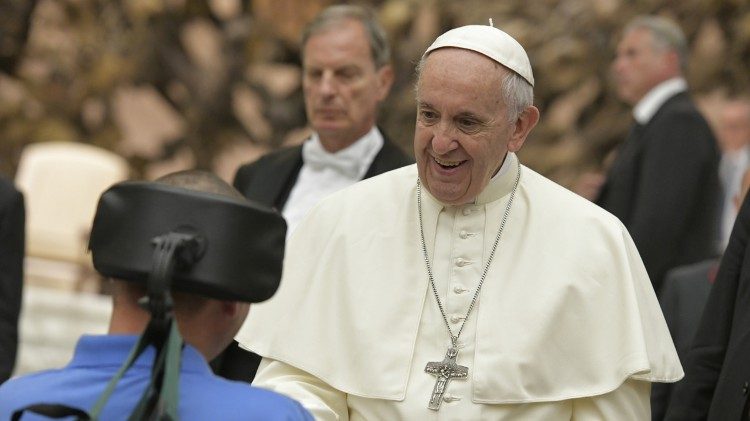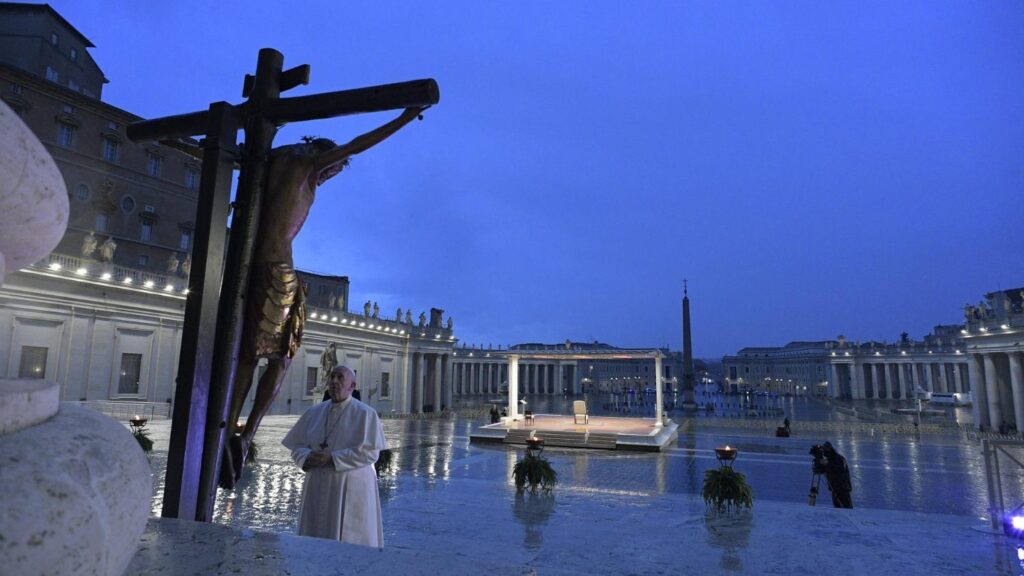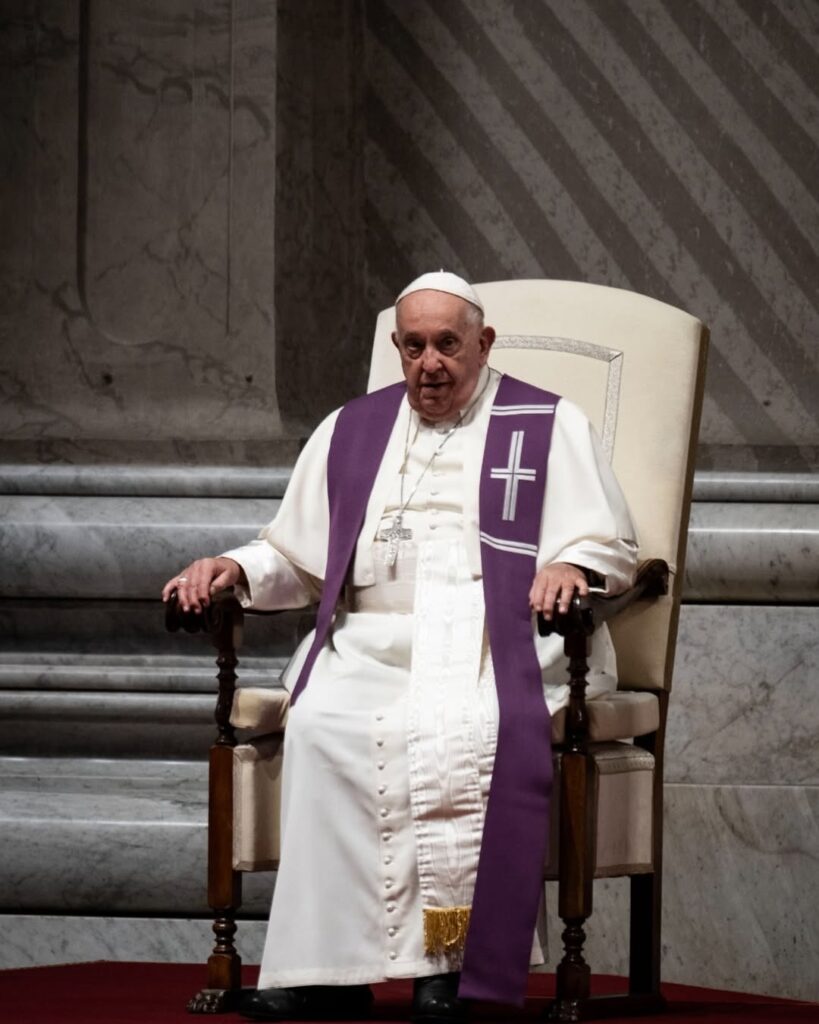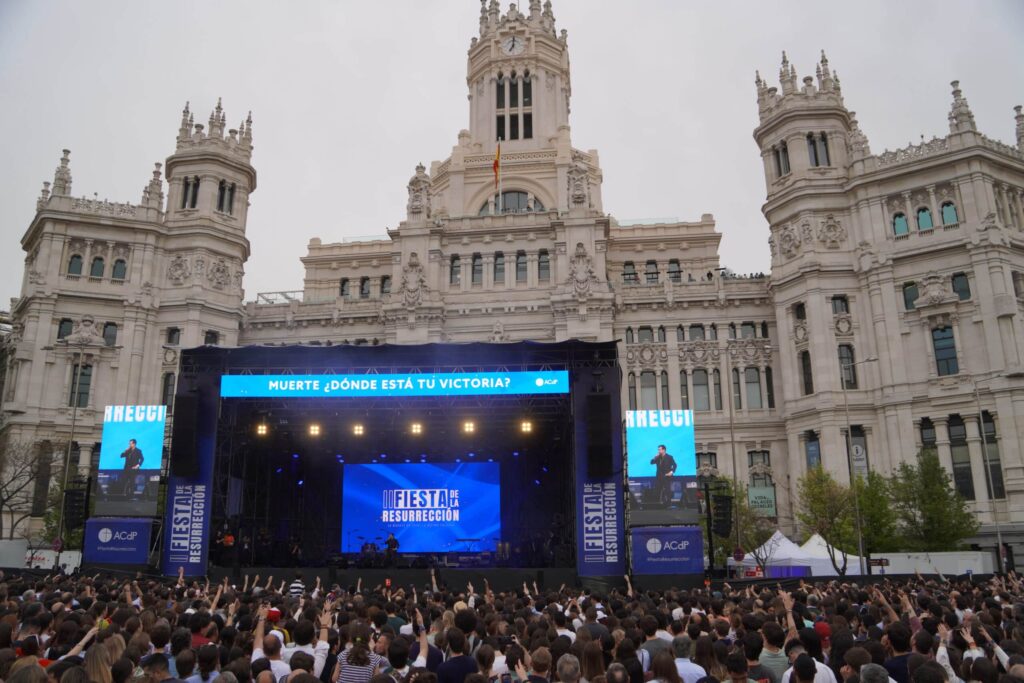Smart Heart
By attentive listening you can see the richness, uniqueness and initiatives of the people with whom the same field and desires are integrated

On one occasion a friend told me: “participation, leadership, peace, justice, service, promoted from school, sounds nice, but with a society like the current contrary and difficult one, they almost become a fantasy or the plot of a video game and terror.” Similar comments are often present when a person – young, adult or elderly – proposes an initiative that modifies the status quo. The answers are usually logical, but they have a particularity, they accentuate the ‘dark’ in such a way that by omitting the ‘light’, reality appears unmodifiable and as such, two paths are opened: passivity or the chimera of structural changes without the contribution of men in everyday life.
Without a doubt, comments like that are discouraging due to their consequences, even more so if those who hear them are young people. However, one thing is certain. Between man and reality there is an original connection, possible thanks to the essential openness of the person and the goodness and ineligible condition of the person. In other words, reality communicates with his being – thus and man responds from his rational nature. Reality is not only made up of material things, it is also made up of people, therefore, in the changes – in response to their original connection with reality – they have to be invited to participate. The interesting thing is that in the full exercise of freedom, some will excuse themselves and, others, many will join in. Alternatives and choices do not represent a defect of society: freedom is a mysterious quality of the person who must be effectively governed.
This being the case, even when listening to ominous voices, looking for what is central will ensure that they do not discourage us. Solomon was a king who ruled the people of Israel with art and wisdom. When he was anointed monarch he was young and inexperienced. On one occasion, God appeared to him and said: ‘Ask me for whatever you need, and I will give it to you.’ Solomon, aware of his reality, asks him to grant him an understanding heart to judge and to know how to discern between good and evil. He could ask for: the defeat of his enemies; perhaps abundant riches; many years of life; copious harvests… Were these central demands for governing? Imagine a capricious and tyrannical king who lives to be 100 years old! Solomon asked for a heart to listen, welcome, understand and love, but he also requested intelligence to know reality, people and decide with wisdom and prudence: he was granted an intelligent heart to govern.
We can still find one more piece of advice from the wise king. He did not only ask for a big heart: which would lead to a government sealed by emotionality, caprice, vanity, permissiveness, nor, he leaned towards pure intelligence: the sign of his mandate would have been authoritarianism, arrogance, disdain and the rigor of the law.
The art of government is not limited to public officials or CEOs of large corporations; This art reaches everyone who has responsibility for other people: parents, teachers, police officers, nurses…and a great etcetera. Under the slogan Not one, but many leaders, the intelligent heart is the flag to move change.
Conclusion: first, order in ideas, needs and resources; Second: open to reality to know it and notice the good things about it; and, third, listen, welcome, be patient and motivate with those we share, only in this way we will be able to pursue ideals together with others. By attentive listening you can see the richness, uniqueness and initiatives of the people with whom the same field and desires are integrated.
Related

Francis. The Human and Religious Imprint of a Papacy
Isabel Orellana
24 April, 2025
5 min

Cardinal Felipe Arizmendi: With the Risen Christ, There Is Hope
Felipe Arizmendi
24 April, 2025
6 min

You Didn’t Give Up
Exaudi Staff
23 April, 2025
2 min

Sing, pray, give thanks
Mar Dorrio
23 April, 2025
2 min
 (EN)
(EN)
 (ES)
(ES)
 (IT)
(IT)

